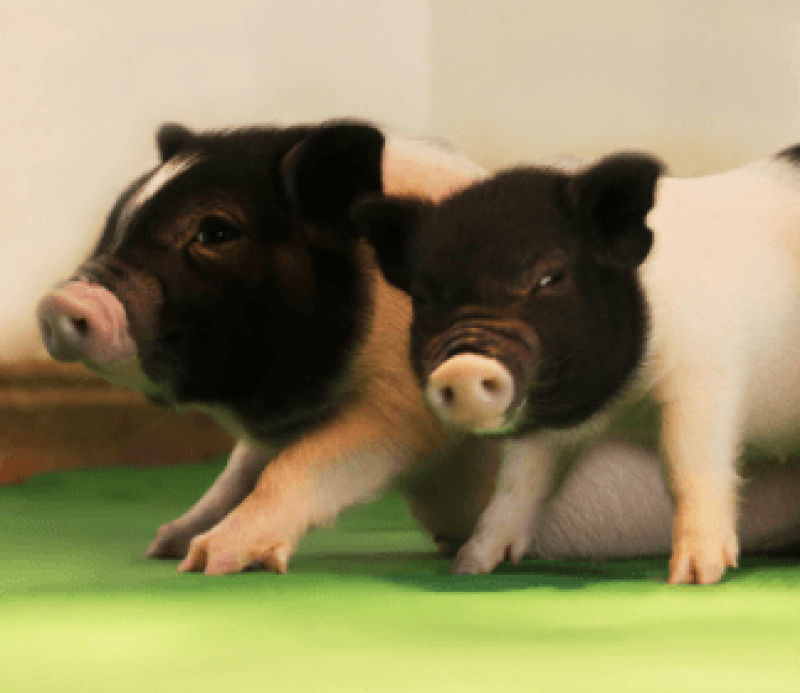These pigs are really just like any other pigs, except they were born without any genes in their genomes that code for a number of viruses found in all other pigs, called porcine endogenous retroviruses, or PERVs….
…
Pigs have long been used as a source of organs and tissues for transplantation into humans.One reason for this is that the anatomy and physiology of pigs is very similar to that of humans, and so many of their organs and tissues are very similar to those of humans. Producing pigs that have tissues free of PERVs is a big step into making pig organs more available and safer for transplantation into humans.
…
Already, the scientific communities of the U.S., UK, China, and others have set strict guidelines on what types of research along the lines of that which produced our virus-free pigs is permissible, but as science moves forward, there will need to be more discussion. The benefits and consequences of these technologies are so huge that we must discuss them from a position of knowledge and understanding, not from one of fear, ignorance and emotion.
The GLP aggregated and excerpted this article to reflect the diversity of news, opinion and analysis. Read full, original post: Why three little virus-free pigs matter































